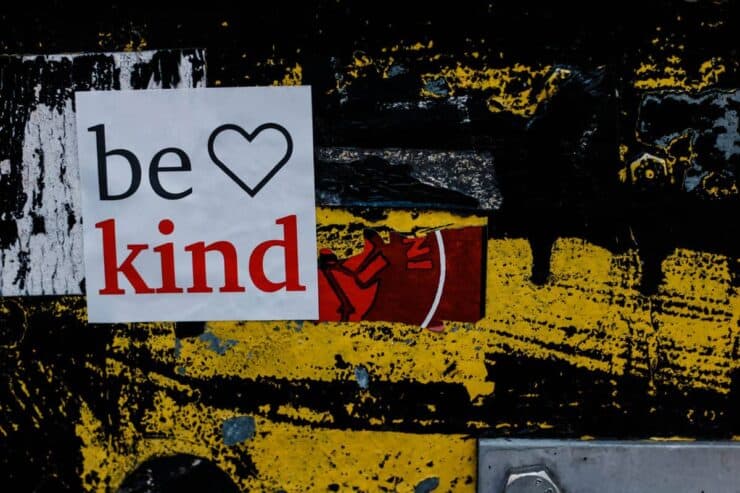
Has the world gone mad? Is common courtesy officially dead? I do admit that I cuss sometimes.
Over the past couple of years, I have been exploring the true meaning of courtesy and its place within Quality and organizational excellence and have begun to wonder what that looks like.
I was brought up to understand that to be courteous, you need to maintain a pleasant demeanour and use polite words, but is that really enough? In the last few years, we have been changing our words to be more inclusive. But, has this really changed the intent behind these words? Some people can say really cutting things with a straight face, using politically correct words. Of course, those in the know, can see right through this.
There is a growing amount of literature and initiatives linking courtesy, honesty and kindness to quality and productivity.
Just for my own interest, I have been reviewing the War Diaries of the Tin Hats and other military units serving the Second World War. What struck me was their use of gratitude. The war diarists made a special effort to thank those who helped them, knowing that the efforts of many different players enabled them to serve their country. Perhaps this type of courtesy was old-fashioned, but I don’t think so.
There is a growing amount of literature and initiatives linking courtesy, honesty and kindness to quality and productivity. When I first began to take notice that a lack of courtesy can affect how we do business and our productivity, I participated in a workshop delivered by Craig Dowden, the author of Civility Matters. This 2015 report regarding the Canadian Federal Public Service, noted that disrespectful behaviour was affecting the climate within the public service and its ability to get things done. More worrisome was the risk that incivility was becoming more commonplace and that uncivil behaviours were becoming normalized as acceptable conduct. Most concerning was its effect on employee engagement, creativity and empathy. The report encouraged the public service “to be the change they wanted to see”. This meant that public servants needed to be civil in every word, thought and deed. Craig Dowden went on to provide empirical evidence that doing good is actually an important leadership skill. His book, Do Good to Lead Well, is about positive leadership and how it is possible to lead while living your values.
Deming, in his 14 points for total quality management, showed a profound understanding of what people need to achieve true quality.
Quality management is all about people. Deming, in his 14 points for total quality management, showed a profound understanding of what people need to achieve true quality. More recently, I have begun to immerse myself into Lean methodologies. According to numerous Quality practitioners Lean stands on two legs, continuous improvement and respect for people. Without this respect, there can be no civility. Karyn Ross, a Lean adventuress, has embraced this notion in her lean coaching practice and gone further. With several enterprising female Lean practitioners, she has been encouraging the participants of the Women in Lean – Our Table to be their authentic selves and encouraging creativity and co-creation in a respectful and enabling environment. She has also launched the Love and Kindness Project Foundation to foster projects that promote love and kindness. According to Karyn, it doesn’t take much to be kind and the littlest things can make a difference.
To show both honesty and kindness, it is essential to listen and share your authentic self when contributing.
Today, I was speaking with my friend and mentor, Dwight Powless, and he made me think about incivility in a different way. For him, honesty and kindness are pillars of his Indigenous culture. He believes that practicing honesty and kindess are not only a way of behaving to get along, but also a responsibility that carries into every aspect of life. He explained that in meetings, if you are not being attentive and not contributing; you are neither being honest nor showing kindness. To show both honesty and kindness, it is essential to listen and share your authentic self when contributing, he explained. He has been toying with the idea of introducing this practice in meetings; but feared that the old ways may not resonate with the newer generation.
Civility can never be old-fashioned or out of style. It is more about how we choose to practice it.
So, am I any closer to finding out what true civility looks like? Maybe not entirely. What I have learned is how important it is and how difficult it may be to achieve as civility affects everything we do. I have also come to appreciate that civility can be affected by even the smallest thought, word or action; and that it is something that we have to practice all of the time. Civility can never be old-fashioned or out of style. It is more about how we choose to practice it. I fail sometimes, but I am hoping to improve my own brand of civility.